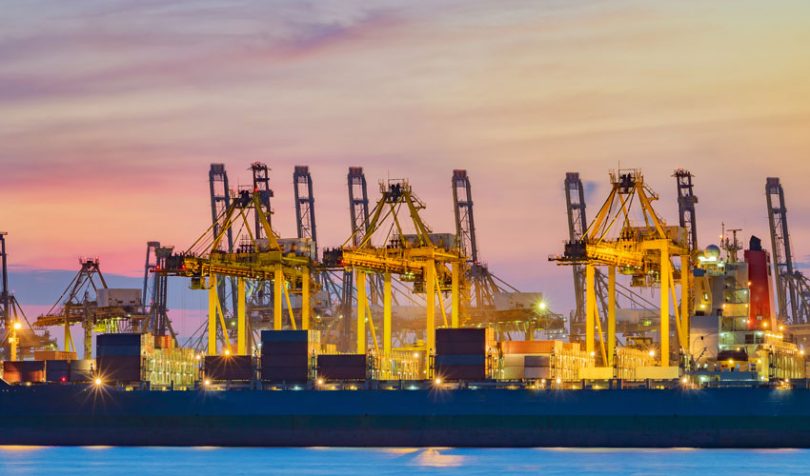The Singapore government has unveiled a blockchain project for electronic bills of lading (eBL) to strengthen Singapore’s position as a global maritime hub according to Asia/Middle East Maritime. The TradeTrust project is part of an initiative announced in January by Dr. Lam Pin Min, Senior Minister of State for Transport and Health, which aims to develop an interoperable framework for electronic documents in the maritime and trade industries.
The January announcement builds on previous efforts. In January 2018, a Memorandum of Understanding was signed by the Maritime and Port Authority of Singapore (MPA), the Singapore Shipping Association (SSA) and Singapore Customs. The signatories pledged to jointly look into the digitalization of trade and maritime documents, such as electronic Bills of Lading.
Since then, there have been a number of successes involving electronic documentation, a few of which involve blockchain. The most successful have been two consortia, one led by APL, the other by Pacific International Lines (PIL) and IBM.
You can read more about PIL and IBM’s successes here but essentially using electronic documentation in conjunction with blockchain can help reduce fraud, lower bureaucratic costs and cut processing times. The last is extremely important when it comes to perishable goods. The time it takes for the documents to be processed could be the difference between ripe or rotten produce. Additionally, saving time reduces the cost of trade finance.
However, a problem arises if a shipping company is using a blockchain and the port authority is using a different blockchain. The blockchains will need to be interoperable if the port authorities are to check that the shipper’s documents are in order.
This is the problem that the Singaporean government’s initiative is meant to solve. To that end, a fourth party has been welcomed to the MoU mentioned above: the Info-communications Media Development Authority (IMDA).
IMDA is a Singapore government agency that develops and regulates the technology, communication and media sectors. One of IMDA’s goals is to enhance Singapore’s economic competitiveness through innovation and technological progress. This includes blockchain.
Overall, the end goal is to have ‘different digital ecosystems interoperate seamlessly with efficient exchange of electronic trade documents’. To do this, however, the MoU signatories will need to consider governance and legal frameworks, technical standards, and the technology itself.
Dr Lam Pin Min had this to add: “The close partnership between the Government, the industry and SSA is a unique competitive advantage for Singapore. We must continue to strengthen this partnership. This will enable Maritime Singapore to stay relevant and competitive.”






